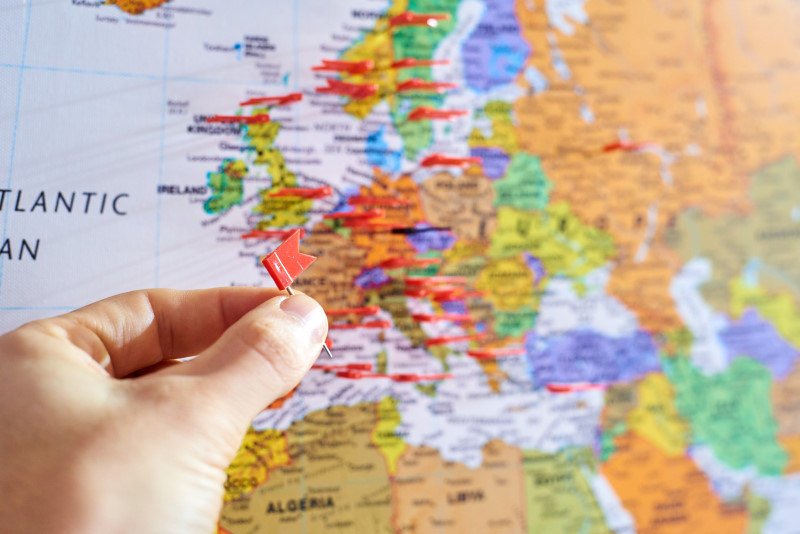GHIC and EHIC – What You Need to Know
If you’ve been on your travels in the last 5 years, you might already own a European Health Insurance Card (EHIC), which entitles you to receive discounted, or free, medical care for countries inside the European Union (EU) You can continue to use the EHIC until it expires, usually, 5 years from its issue date. Once expired, you can apply for a Global Health Insurance Card (GHIC), it’s a quick and easy online process via the NHS website, and you can do it up to 6 months before your current EHIC expires.
GHIC Explained:
The GHIC replaced the European Health Insurance Card, on the 31st of January 2020. The GHIC ensures you are covered for state-provided medical treatment while abroad in most EU countries, available at a reduced cost or sometimes at no cost at all. Depending on your needs, and your destination, you may be entitled to treatment for some pre-existing medical conditions - kidney dialysis, oxygen use, and even some forms of chemotherapy. These treatments may need to be arranged before you set off, check the Foreign Office country guides for more information.
Bear in mind that each country has its own healthcare system, which might mean they require a contributory sum towards treatment which is usually free in the UK.
Which EU Countries Accept the GHIC?
There are 27 countries in the European Union that accept the Global Health Insurance Card: Austria, Belgium, Bulgaria, Croatia, Republic of Cyprus, Czech Republic, Denmark, Estonia, Finland, France, Germany, Greece, Hungary, Ireland, Italy, Latvia, Lithuania, Luxembourg, Malta, Netherlands, Poland, Portugal, Romania, Slovakia, Slovenia, Spain, and Sweden.
There are 3 countries that will not accept the GHIC, and each country has their own approach to healthcare.
- Norway - you can use your passport instead to get medically necessary healthcare, and as healthcare in Norway is not free, you will be expected to contribute to the cost of your treatment.
- Iceland/Liechtenstein - you can only receive healthcare in these countries if you have appropriate travel insurance including medical cover, as if you were travelling outside of the European Union.
And although Switzerland is not part of the EU, they accept the GHIC if you are a British national or an EU citizen. As with other countries in the European Union, you are entitled to state-provided and medically necessary healthcare, at a local cost and sometimes for free.

How to Apply for a GHIC
You can apply for a GHIC here, by simply filling in the form. Please note: a GHIC card is always free - only use the gov.uk or nhs.uk websites to apply for one.
Your GHIC card should arrive within 10 days of applying for it but do pay attention to any notifications regarding extended delivery times, especially during this busy time of year.
If your card still hasn’t arrived by the time you’re due to go abroad, apply via the NHS Overseas Healthcare Services for a Provisional Replacement Certificate (PRC).
Why Do I Need Travel Insurance, If I Have a GHIC?
Your GHIC card does not act as a replacement for travel insurance, because it might not cover all your medical costs, and will not provide rescue or repatriation costs. The gov.uk website advises that those travelling abroad take out appropriate travel insurance, and some travel insurance providers also require that you hold a valid GHIC to assist with medical costs or even waive your policy excess.
If you’re looking for a quality insurance policy, to suit your trip and your needs GET A QUOTE with Medical Travel Insurance today!
In need of assistance?
Our medical travel insurance team are ready to provide you with assistance regarding your quote. If you would prefer to talk to an advisor to receive a quote or have a query please contact our UK based customer service team. Find out details on our contact us page.


